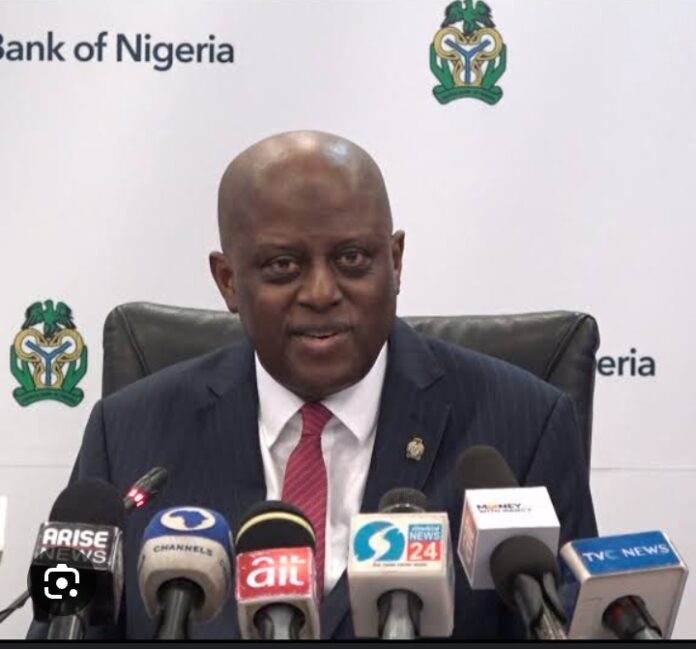In a bid to curb inflation and stabilise the economy, the Central Bank of Nigeria (CBN) has increased the monetary policy rate (MPR) by 400 basis points, setting it at an unprecedented 22.75%.
This adjustment marks a significant departure from the previous rate of 18.75%, maintained since the Monetary Policy Committee’s (MPC) last convening on July 24th and 25th, 2023.
The decision announced by the CBN governor, Yemi Cardoso, propels the MPR to its highest point ever, underscoring the CBN’s aggressive stance on monetary tightening in response to economic pressures.
Further amplifying its tightening measures, the apex financial institution also escalate the Cash Reserve Ratio (CRR) to 45%, a substantial leap from the prior 32.5%, while holding the liquidity ratio steady at 30%.
The committee’s unanimous resolve not only to elevate the MPR but also to modify the asymmetric corridor around it to a range of +100 to -700 basis points, departing from the former span of +100 to -300 basis points.
The increase in the MPR and CRR, accompanied by the retention of the liquidity ratio, reflects a calculated approach to managing the money supply and controlling price stability, critical components for the nation’s economic health.
CARDOSO says the committee’s resolution is primarily influenced by the urgent need to address the ongoing inflationary pressures, the volatility in the exchange rate, and the anticipation of further inflation coupled with rising inflation expectations.
Cardoso highlighted the MPC’s deep concerns over the unrelenting surge in inflation rates, underscoring the committee’s strong resolve to mitigate this trend.
Further elucidating the reasoning behind the hawkish policy stance, Cardoso conveyed that the MPC members were alarmed by the continuous escalation of inflation levels and were determined to curb this adverse trend, as the equilibrium of risks was heavily tilted towards escalating inflation.
The CBN’s strategic move also reflects a broader understanding of the intricate balance between fostering economic growth and controlling inflation.
The committee acknowledged the potential trade-offs involved but remained convinced that sustainable economic expansion could only be achieved within a framework of low and stable inflation.
Emphasising a long-term strategy, the MPC underscored the transition to an inflation-targeting framework as a critical measure to combat persistent inflationary pressures effectively. This approach aims to ensure price stability, which is deemed essential for economic health and growth.
The committee also praised the fiscal authorities for their support, which is viewed as invaluable in these efforts to stabilise the economy.


